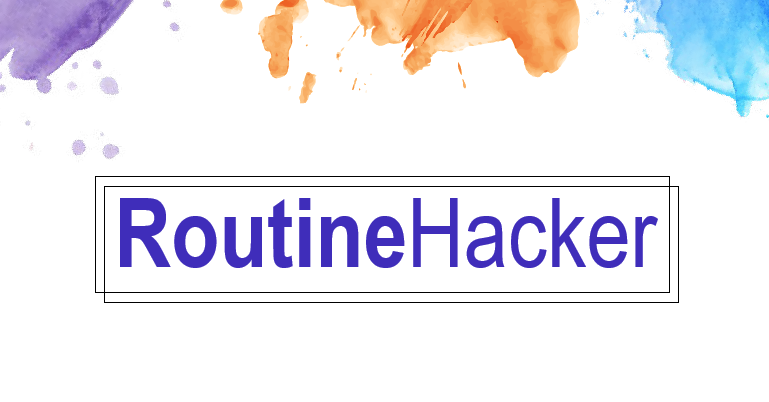“If your actions inspire others to dream more, learn more, do more and become more, you are a leader.”
– Simon Sinek in Leaders Eat Last: Why Some Teams Pull Together and Others Don’t

Wellness Tip:
Build Immunity to Secondhand Stress
Fun fact: You can ‘catch’ stress off other people. (Ok, maybe not so fun.)
Research shows that if someone around you is anxious and expresses it (even non-verbally), you’re likely to get anxious too.
But good news. There are things you can do to build immunity to other people’s stress.
- Create a positive mindset around stress – try not to fight it or see it as a threat
- Short-circuit a negative encounter by responding positively
- Build self-esteem; it will make you more resilient
- Inoculate yourself using positive routines (meditation, gratitude, etc.).
Read more at HBR and let us know how these secondhand stress tactics work for you.
Productivity Tip:
Give Better Feedback by Staying on Your Side of the Net
How we give feedback at work matters. Imagine a colleague takes credit for your work. You could say, “You’re trying to steal my thunder. It’s clear that you just don’t like me.”
Problem is, you’re making assumptions about their intentions and how they feel.
So here’s what to do instead: Stick to focusing on your own feelings and reactions. This is known as “staying on your side of the net”, and it makes for healthier interactions.
You might say to your colleague, “I’m disappointed that you didn’t credit me for my work. It makes me feel like you don’t care.”
This post explains the idea further. Why not keep it in mind next time you give feedback?
(Psst… Also try it with your significant other – you can thank us later!)
Routine Breakdown
Sarah Athanas, Marketing Creative & Documentary Filmmaker

Zen student Sarah Athanas says she’s on an “almost obsessive” quest for the perfect morning routine. She:
- Keeps a journal next to her bed. “First thing I do every morning is write three pages before I get up. The idea is to write whatever comes to mind – to get something flowing out before I start taking new information in.”
- Meditates for about 30 minutes. “I read a short poem or gatha [a type of Sanskrit verse] and chant the bodhisattva vows afterwards.”
- Writes down the 1-3 things she absolutely must accomplish that day.
- For breakfast, she eats oatmeal in winter and a bowl of fruit in summer. “The important thing for me about breakfast is to eat slowly and mindfully”.
Why it works:
- Research shows that writing out thoughts and feelings calms us. As Sarah puts it, “Once it is out of your head, you can move on with your day.”
- Zen meditation has been found to increase alpha and theta activity in the brain, reduce stress, and lower blood pressure.
- Much like writing down goals makes us more likely to achieve them, writing down our priorities keeps us on track for the day.
- Mindful eating helps us follow internal (rather than external) cues to eat, thus leading to better food choices and increased enjoyment of meals.
One important lesson from Sarah is that she doesn’t let other people set her priorities. That’s why she tries to accomplish one major task before opening her email in the morning.
Don’t forget that you can use Panda Planner to set your priorities for the day. Let us know how it’s working out for you!












